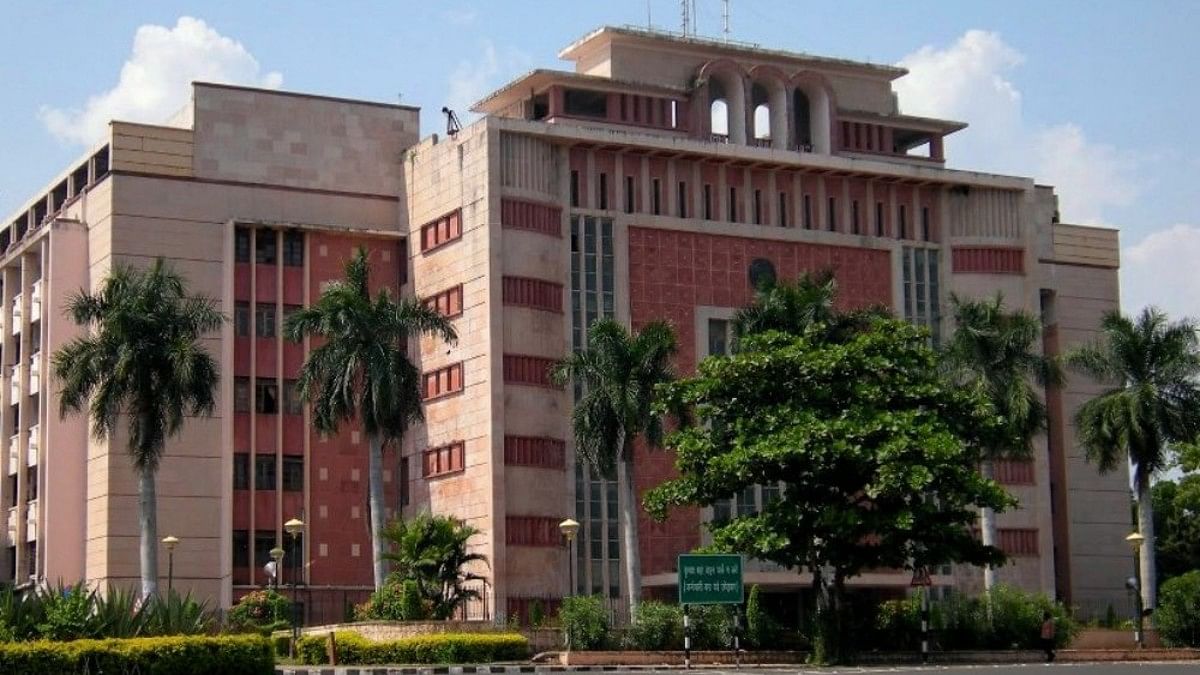Bhopal: A government order issued by the Mohan Yadav-led Bharatiya Janata Party (BJP) administration in Madhya Pradesh has brought two arms of the civil services, the IAS and the IFS, head-to-head.
Through its order dated 29 June 2024, the government said a review of district-level Indian Forest Service (IFS) officers will be sought from Indian Administrative Service (IAS) officers posted as district collectors, as part of the criteria for the latter’s Annual Performance Appraisal Report (APAR).
The order marked a change in rules laid down in 2016.
Government officials maintain that the idea is to ensure timely clearances and better coordination, but forest officials argue that the order is in contravention of a Supreme Court ruling and will set back conservation efforts, which are the mandate of the IFS.
Additional Chief Secretary (Forest), Ashok Barnwal, however, told ThePrint that the order “is in line with the Supreme Court ruling and is, in fact, as per the suggestion given by the hon’ble Supreme Court”.
Also Read: ‘About serving country’ — IAS officers, aspirants respond after economist calls UPSC prep ‘waste of time’
Revised criteria for IFS officers’ APAR
According to the order, government officials, before they finalise the APAR, should through an attached form seek a review from district collectors of the performance of IFS officers, including district forest officers (DFOs), Conservator of Forests (CFs) and Chief Conservator of Forests (CCFs).
Reviews and comments submitted by IAS officers will then be considered with respect to the IFS officer’s final rating.
For this purpose, the government has identified 10 different heads under the scope of Joint Forest Management (JFM) activities. These include issues related to MGNREGA, Forest Rights Act, land acquisition for developmental projects and mining, besides ecotourism.
Explaining the rationale behind the revision, a senior IAS officer from Madhya Pradesh told ThePrint, “There have been occasions when projects as basic as providing drinking water under Jal Jeevan Mission have been stuck owing to the DFO sitting on the file for more than 160 days.”
Task forces formed to coordinate joint activities such as anti-encroachment drives do not meet, leading to a lack of synchronisation, he added.
Another senior IAS officer explained that the district collectors and commissioners will merely have to submit their remarks and will not be the ultimate authority finalising the annual appraisal report.
He added, “If the concerned department head and immediate supervisor of the concerned forest officer does not agree with the rating and remarks of the collector or commissioner, they can override it.”
‘Will affect morale of IFS officers’
The move is being seen by the IFS as a bid to subvert its independence by ultimately bringing it under the purview of the IAS.
Registering its strong opposition to the government order, the Indian Forest Officers Association (IFSA) in a letter to Chief Minister Mohan Yadav dated 4 July 2024 said the order was in direct contravention of a Supreme Court ruling and would adversely affect the morale of IFS officers.
“It is baffling to know that an officer is assessed by two officers from two different departments (revenue and forest) which will adversely affect the career progression of the officer,” it noted.
The letter was followed by a presentation by the Madhya Pradesh Forest Officers’ Association to the additional chief secretary (forest), after it failed to get an audience with the chief minister. The association submitted their concerns in writing to the Chief Minister’s Office (CMO) on 23 July.
The association, while awaiting a response from the state government, is also mulling legal recourse if the need arises.
Dr Suneesh Buxy, general Secretary of IFSA, told ThePrint that the order directly contradicts guidelines laid down by the Supreme Court in 2000 and “upheld by a Central Empowered Committee”.
“A similar order changing reporting, reviewing and accepting authorities of the forest services issued by the Andaman and Nicobar administration had to be withdrawn following a contempt petition,” he added.
A bench of the Supreme Court had in a 2000 order addressed the question on who should write the confidential report of IFS officers. “It appears logical to us that up to the rank of Additional Principal Chief Conservator of Forests (APCCF), reporting authority had to be immediate supervision from within the department.”
It added, “The reviewing authority would also be a person in the forest department with the exception of Principal Chief Conservator of Forest (PCCF) for whom reporting authority would be other than a person from the department as there is no person senior to him within the department.”
Countering the government’s version, a senior forest officer said that the revised criteria will leave forest officers at the mercy of revenue officials, given that the APAR will include remarks by revenue officials and the additional chief secretary (forest) will be the final accepting authority.
“As far as delay in approving files for developmental works be it the scheme for drinking water or anything else is all monitored through online portals. This leaves no room for any officers to inordinately delay any file,” he said.
(Edited by Amrtansh Arora)
Also Read: Everyone wants to be an IAS officer. But retired IFS officers write much better books

